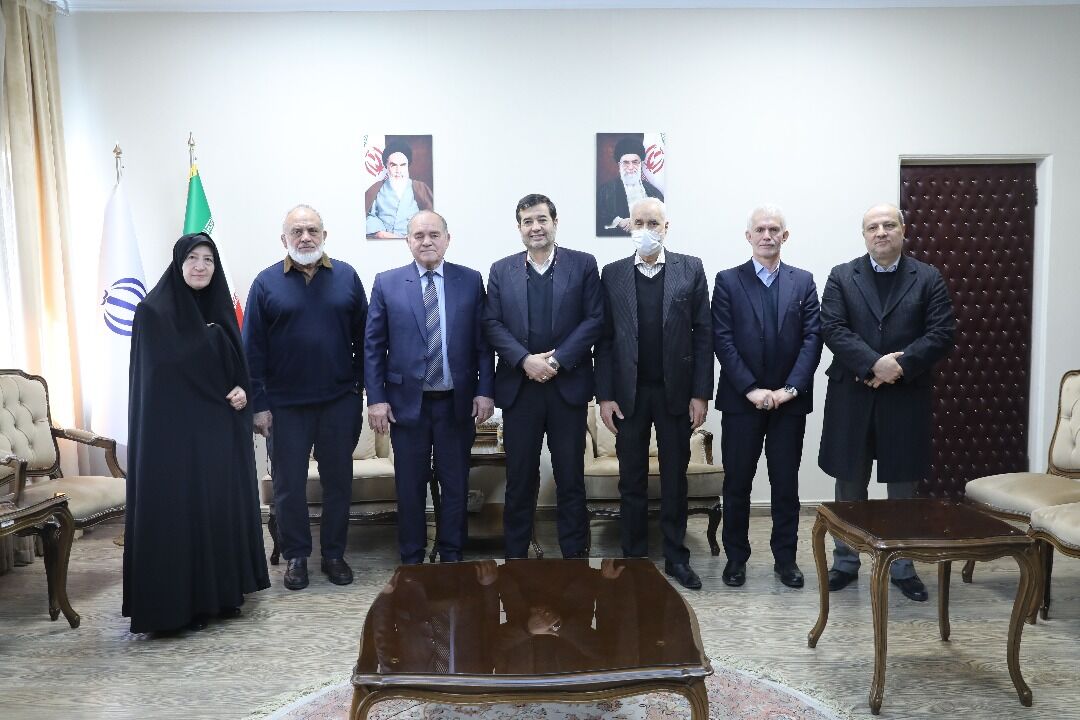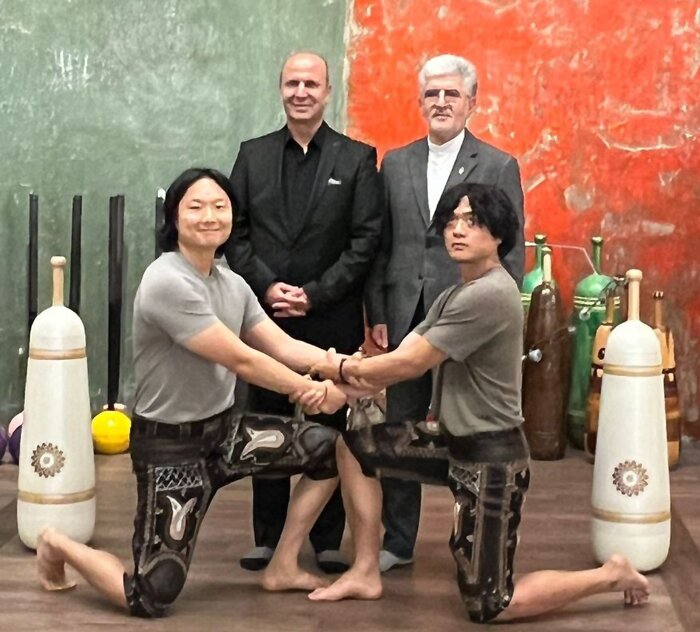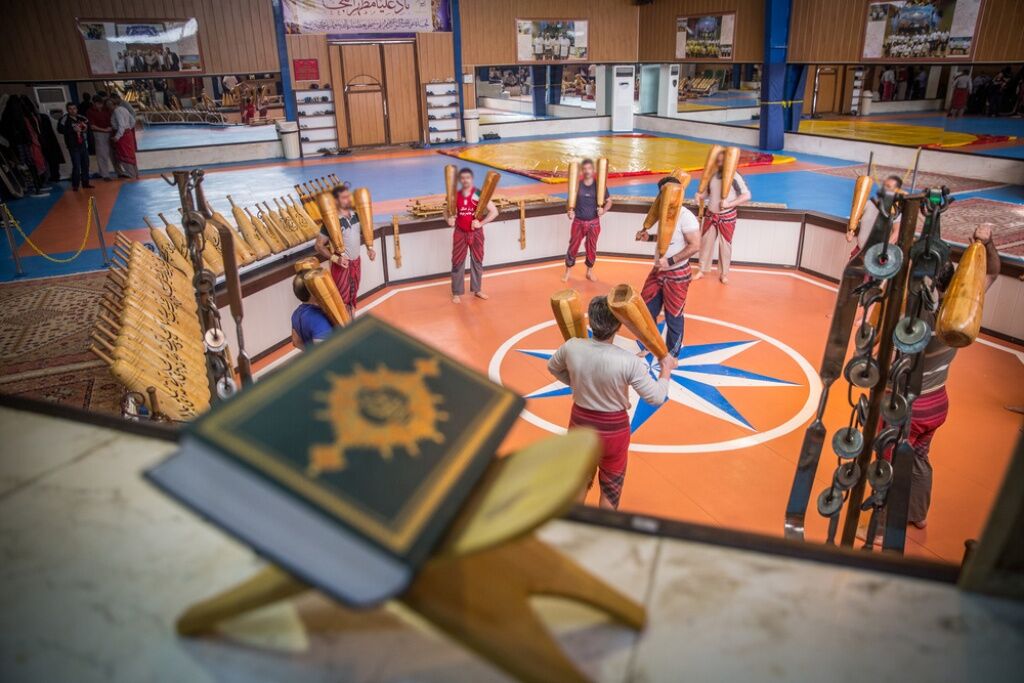More than 120 years after their founding, Benfica will stride the global stage at the FIFA Club World Cup 2025™ as one of two Portuguese sides eager to impress at the new 32-team tournament.
Here, FIFA profiles the Lisbon giants, their path to the tournament and rise to prominence as well as some legendary figures at the club.
How they qualified
Benfica reached the Club World Cup via the ranking pathway and were assured of their participation when the criteria for the four-year cycle was first released, given their performances in the UEFA Champions League in that period.
Club Factfile
Year formed: 1904 (as Sport Lisboa)
Stadium: Estadio do SL Benfica
Nickname: The Eagles
Club history
Benfica’s crest features a golden eagle atop a shield layered over a bicycle wheel, in a nod to the fact that during the club’s formative years they weren’t just all about football. Founded in 1904 as Sport Lisboa, the crest also contains the phrase ‘E pluribus unum’ (out of many, one) and it took the club little time to live up to that moniker.
The Lisbon giants won the second ever edition of the Portuguese League, in the 1935-36 season, with that starting a run of six titles in a decade. Since then there has been no stopping Benfica, with the club winning at least one league title in each of the past eight decades, en route to a record 38 top-flight triumphs.
Under the guidance of the legendary Hungarian coach Bela Guttmann, Benfica saw off the might of firstly Barcelona and then Real Madrid, to win back-to-back European Cup titles in 1961 and 1962. The second of those was a memorable 5-3 victory in Amsterdam, capped off by a pair of second half goals from a 20-year-old Eusebio in his first season with the club.
Since then, at least in continental tournaments, the club has failed to scale the final peak, agonisingly losing five European Cup/UEFA Champions League finals, as well as a further three UEFA Cup finals. That astonishing run of defeats is often attributed to the so-called ‘curse of Bela Guttmann.’ The Hungarian mentor departed the club following a pay dispute after winning that second European Cup and reportedly said that ‘not in 100 years from now will Benfica ever be a European champion.’
To date that has proven true, although there’s nothing that suggests the curse extends to global tournaments and Benfica will be looking to claim a first title at international level after they also fell in the finals of the 1961 and 1962 Intercontinental Cup, against Penarol and Santos.
Iconic players
Eusebio
A great of both club and country, the late Eusebio is one of the most iconic players in the history of the game. A key part of the side that won the 1962 European Cup, the Mozambique-born forward spent 15 years at the Lisbon giants where he plundered goals, at a rate of better than one a game, regardless of opponent, situation or stage. Known as the ‘king,’ the ‘black pearl’ or the ‘black panther,’ Eusebio’s blend of power, pace and precision has rarely been seen before or since.
Mario Coluna
Dubbed the ‘sacred monster,’ Coluna, another star born in Mozambique who, like Eusebio, passed away in 2014, spent almost his entire career with Benfica in a trophy-laden spell from 1954-1970. Instrumental in the club’s pair of continental titles, he scored in both finals and lined up alongside Eusebio in midfield in the second of them, in one of the most memorable sides in European club history.
Luisao
One of Benfica’s most-capped players, the 20 Portuguese League/Cup titles won by Luisao are greater than any other player in the club’s history. The Brazilian defender retired at the club in 2018, after an amazing run of 15 years, where he also remains the Eagles’ longest-serving captain.
- نویسنده : محمد مهدی اسماعیلی رها






























Thursday, 11 September , 2025